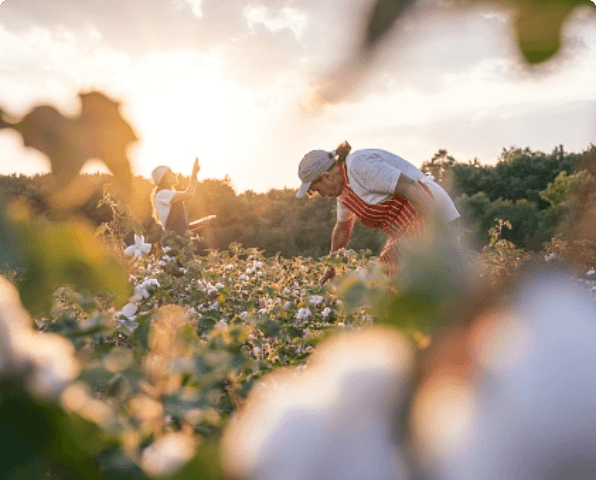Learn more about the connections between uneven mobility and mobility justice from an intersectional feminist context in Western Canada, with a particular focus on Manitoba, in the new ‘Missing the Bus’ podcast.

CHRR Director Adele Perry and CHRR Research Affiliates Jocelyn Thorpe and Karine Duhamel chat with host Olivia Macdonald Mager about their research project Missing the Bus: Indigenous Women and Two-Spirit Plus People and Public Transit in Western Canada. Through both this podcast and the final report, the authors demonstrate that public transportation makes possible the full participation of Indigenous women and Two-Spirit plus people in all aspects of society. Public transit, therefore, is not an additional or optional service, but a fundamental necessity.
This podcast was produced in cooperation with the Centre for Human Rights Research at the University of Manitoba and through funding support from the Social Sciences and Humanities Research Council Knowledge Synthesis Grant in collaboration with Infrastructure Canada.
Access the podcast on Spotify, Apple Podcasts, and iHeartRadio.
The executive summaries of the other reports funded through this initiative can be found here.





